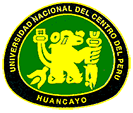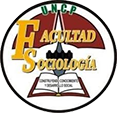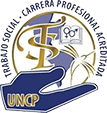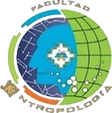Voyerismo académico como síntoma del sistema contemporáneo de las ciencias sociales
DOI:
https://doi.org/10.26490/uncp.sl.2023.7.1.1722Keywords:
critical thinking, dialogue of knowledge, social researchAbstract
As never before, individuals can be exposed to an infinite amount of information and we can look and be looked at, where voyeurism stands as a fundamental part of modern socio-digital relationships that end up having a substantial influence beyond the digital world and transcend the sphere of the real. How much is this voyeuristic behavior becoming accentuated in the academy? How voyeuristic are we when we decide to "study, diagnose and analyze" rural environments and their problems and not go beyond that point? How aware are we being of it? And what repercussions does this position bring?
Although it is not intended to give a definitive answer to any of these questions, the objective of this work is to make a self-criticism, highlighting the contradictions and processes facing the capitalocene that we are experiencing in our exercise as rural scholars. Making, in the first instance, a reflection on the voyeuristic culture in which we usually fall when seeking to be seen and recognized by our peers, and continuing with the analysis of our voyeuristic behavior in which we fall when trying to speak for and on behalf of the subjects study that we become objects by reifying them in our desktop analyses. Concluding that although this criticism is not new and generalizations are limiting, the mere fact that the phenomenon exists should motivate us to pause on the road and start questioning its direction.
References
Alonso Niño, E. H., & Ramírez Cortés, C. A. (2021). Los tecnodioses de la transparencia: el voyerismo del Adán digitalis en la cibersociedad pornóptica. Via Inveniendi Et Iudicandi. 16(2). https://doi.org/10.15332/19090528.6786
Bendesky, L. (4 de julio de 2022). La poli-crisis. La Jornada. https://www.jornada.com.mx/2022/07/04/opinion/021a1eco
Boege, E. (2021). Acerca del concepto de diversidad y patrimonio biocultural de los pueblos originarios y comunidad equiparable. Construyendo territorios de vida con autonomía y libre determinación. Benemérita Universidad Autónoma de Puebla. Instituto Nacional de Antropología e Historia. México. https://patrimoniobiocultural.com/subidas/2022/03/Acerca-del-la-diversidad-y-patrimonio-biocultural...pdf
Broke, J. (29 August 2019). The allure of the journal impact factor holds firm, despite its flaws. . https://www.nature.com/nature-index/news-blog/allure-journal-impact-factor-holds-firm-despite-flaws?fbclid=IwAR1LcSSVKmHQVcyFUD19R9jFVt-dEkO0EsKfjlfv3YjdG8IGntF7Oxh1tq0
Canal Instituto de investigaciones Sociales. (11 de febrero de 2022). Sesión-03 Seminario de actualización: El Capitaloceno en los territorios rurales. [Archivo de video] Youtube. https://www.youtube.com/watch?v=9bB2dOSPnZo&t=2511s
Ceceña, A. E. (2004). Los desafíos del mundo en que caben todos los mundos y la subversión del saber histórico de la lucha. Chiapas. 16. https://chiapas.iiec.unam.mx/No16/ch16cecena.html
De Sousa Santos, B. (08 de enero de 2018). La nueva tesis once. Tejiendo Saberes – PDTG. https://democraciaglobal.org/boaventura-sousa-santos-la-nueva-tesis-once/
Gurutz Arranz, J. (5 d enero de 2023). Publicar o perecer: el conocimiento científico se expande, pero la innovación disruptiva se estanca. El País. https://elpais.com/ciencia/2023-01-04/publicar-o-perecer-el-conocimiento-cientifico-se-expande-pero-la-innovacion-disruptiva-se-estanca.html#?prm=copy_link
Murphy, Laura T. (23 de octubre de 2020) Acompañar a los sobrevivientes en su duelo: incorporar el compañerismo en el estudio de los derechos humanos. Openglobalrights. https://www.openglobalrights.org/sitting-with-the-grief-of-survivors-embracing-collegiality-in-human-rights-scholarship/?lang=Spanish
Marx, C. (1985). Tesis sobre Feuerbach - Thesen über Feuerbach. http://www.ehu.eus/Jarriola/Docencia/EcoMarx/TESIS%20SOBRE%20FEUERBACH%20Thesen%20ueber%20Feuerbach.pdf
Palafox Carvajal, R. F., & Domínguez Guedea, M. T. (2021). Stress in university research professors: A systematic review. Salud mental, 44(5), 249-256. https://doi.org/10.17711/sm.0185-3325.2021.032
Pérez Cascales, M. C. (02 de mayo de 2018). Todas las generalizaciones son peligrosas, incluida ésta. Información. https://www.informacion.es/opinion/2018/05/02/generalizaciones-son-peligrosas-incluida-5771956.html
Polo Blanco, J. & Piñeiro Aguiar, E. (2019). Ciencia moderna, planeta torturado Una reflexión crítica sobre el modo eurocéntrico de conocer la naturaleza e intervenir en el medio ambiente. Izquierdas, (46), 194-217. https://dx.doi.org/10.4067/S0718-50492019000200194
Real Academia Española. (s.f.). Voyerista. En Diccionario de la lengua española. Recuperado en 14 de febrero de 2023 de https://dle.rae.es/voyerista
Rojas, R. (12 de abril de 2019). ¿Qué es un intelectual orgánico? Letras Libres. https://letraslibres.com/politica/que-es-un-intelectual-organico/
Sabato, E. (1996), Apologías y rechazos. (5ª ed). Seix Barral.
Downloads
Published
Issue
Section
License
Copyright (c) 2023 Ernesto Navarro Hinojoza

This work is licensed under a Creative Commons Attribution 4.0 International License.

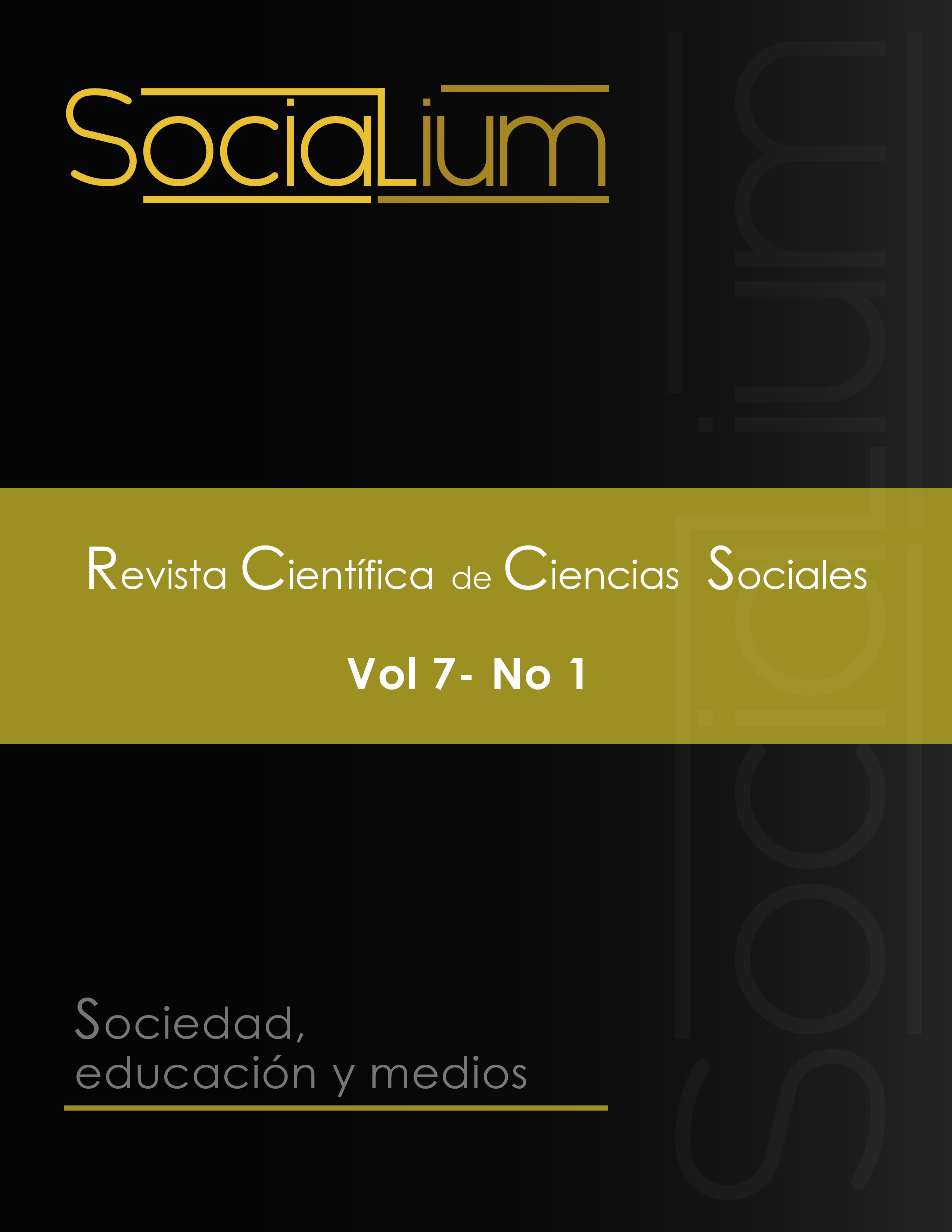

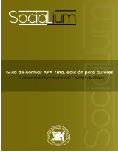




.jpg)










